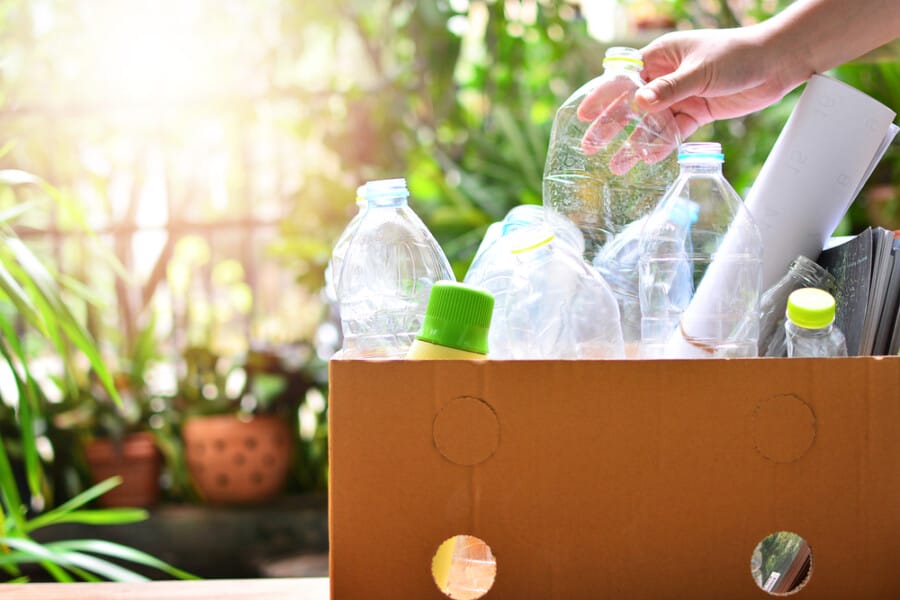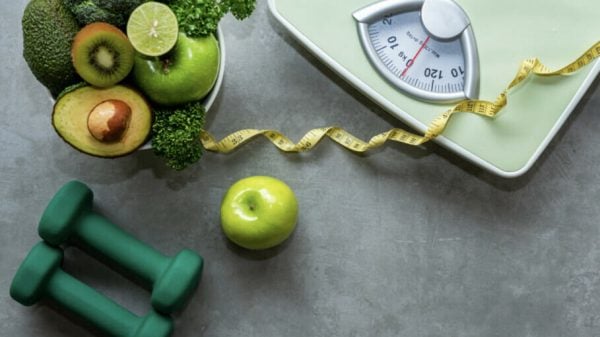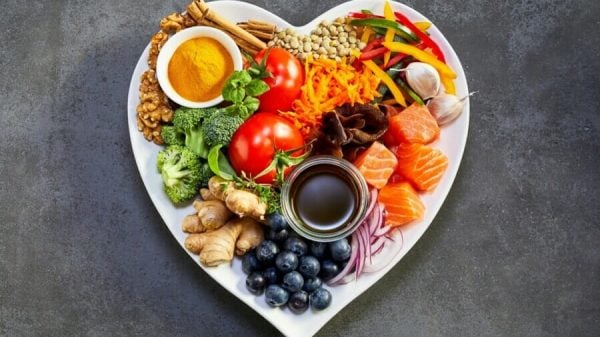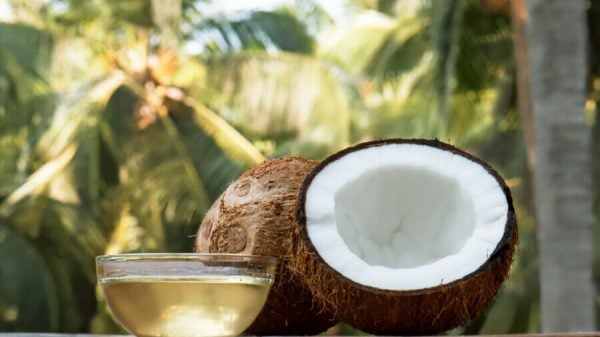Reprocessing plastic plays an essential role in enhancing human and environmental well-being. Recycling firms are critical in collecting, organizing, handling, and repurposing used plastic, which brings extensive benefits. Envision a world devoid of overflowing dumpsites emitting harmful fumes and causing air contamination.
One of the favorable outcomes of plastic reprocessing is the decrease in disposable plastic bottles finding their way into local water bodies and disintegrating into hazardous microplastics that can pollute the food chain. While global leaders concentrate on revitalizing the Earth, let’s not disregard the immediate benefits that plastic reprocessing offers to human health, especially for women.
The Health Hazards Presented by Plastic Trash
Plastic trash poses various health hazards instead of just one specific problem. It is adaptable and widespread, affecting individuals’ health in multiple aspects. Research has revealed harmful substances like bisphenol A (BPA) present in 93% of urine samples tested in individuals aged six and above. The seepage of chemicals like BPA from coated packaging, for example, takeout containers and canned goods, into the food chain is a worrisome concern.
To minimize exposure to these harmful substances, it is crucial to educate oneself, scrutinize safety labels to avoid microwaving certain products, and choose items like infant feeding bottles that are devoid of harmful chemicals like BPA. Neglecting to do so may lead to various health problems arising from plastic trash, including the ensuing:
- Heightened transmission of infectious diseases due to increased breeding sites generated by plastic trash.
- Heightened risk of fertility issues and polycystic ovary syndrome (PCOS) in women.
- Diminished nutrient quality in food.
- Potential heightened risk of cancer.
- Raised stress and anxiety levels.
- Greater susceptibility to heart disease.
Plastic trash infiltrates the human body through food and water, a phenomenon known as trophic transfer. Fish and other creatures swallow plastic trash, leading to the existence of microplastics in the human diet. Moreover, plastic contaminants like per- and poly-fluoroalkyl substances (PFAS) pollute water sources, coming into contact with humans. Studies indicate that PFAS was identified in 89% of water samples in France.
How Plastic Reprocessing Can Alleviate Health Hazards
The solution to reducing these health risks lies in eliminating plastic trash from the ecosystem. By proactively reprocessing plastic, individuals can minimize the likelihood of harmful chemicals and microplastics entering their bodies. Reprocessing acts as a preventive action by extracting plastic trash from water bodies before it can be ingested by aquatic life or endorsing the elimination of harmful substances during the reprocessing process.
Common uses of reprocessed plastic comprise:
- Packaging containing post-consumer recycled (PCR) materials, like food containers.
- Synthetic fabrics, footwear, and attire.
- Kitchenware and implements.
- Cosmetics bottles and holders.
- Pet playthings.
- Mats for yoga.
- Electronic gadgets such as e-readers and record players.
These reprocessed products aid in reducing greenhouse gas emissions, thereby fostering a more salubrious atmosphere and safeguarding human skin from hazardous UV rays. The production of plastic heavily relies on fossil fuels, leading to environmental contamination. By lessening reliance on oil, various health benefits can be attained, including enhanced air purity and superior wastewater treatment.
Obstacles and Prospects in Plastic Reprocessing
Do humans possess the requisite resources and infrastructure for effective plastic reprocessing on a large scale? Accessibility remains a notable challenge in the field, as plastic constitutes merely 4.47% of reprocessed materials. Cross-contamination poses another challenge, specifically regarding the swift spread of minuscule microorganisms or particles between surfaces.
It is imperative for environmental champions and policymakers to lobby for national regulatory modifications to enhance plastic reprocessing procedures. Legislative endeavors could lead to heightened investments in reprocessing infrastructure, particularly emphasizing public health. Implementing prohibitions on unnecessary plastic items, such as single-use shopping bags, could further amplify reprocessing rates by bolstering efficiency and availability, even in remote regions.
Past successful campaigns have molded perceptions of plastic utilization, like deposit and return programs that incentivize consumers to return plastic items for reprocessing. Similarly, accurate classification of plastic trash, as witnessed in Kamikatsu, Japan, where recyclable items are segregated into 45 categories, can pave the way for almost zero-waste practices within a community.
Advocating Longevity Through Plastic Reprocessing
Plastic reprocessing plays a crucial role in enhancing human health by diminishing the risk of microplastic consumption, enduring health issues, and associated anxiety. While the primary focus of reprocessing is environmental well-being, humans can only reap the benefits of a cleaner environment if they are in good health.
Given the detrimental consequences of plastic trash, there is an urgent need for widespread acceptance of plastic reprocessing practices. It is essential for everyone to display interest in advancing reprocessing endeavors while actively curbing their plastic consumption routines.










